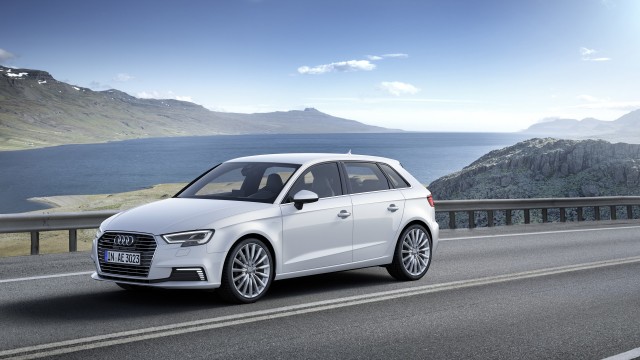-
Tips for becoming a good boxer - November 6, 2020
-
7 expert tips for making your hens night a memorable one - November 6, 2020
-
5 reasons to host your Christmas party on a cruise boat - November 6, 2020
-
What to do when you’re charged with a crime - November 6, 2020
-
Should you get one or multiple dogs? Here’s all you need to know - November 3, 2020
-
A Guide: How to Build Your Very Own Magic Mirror - February 14, 2019
-
Our Top Inspirational Baseball Stars - November 24, 2018
-
Five Tech Tools That Will Help You Turn Your Blog into a Business - November 24, 2018
-
How to Indulge on Vacation without Expanding Your Waist - November 9, 2018
-
5 Strategies for Businesses to Appeal to Today’s Increasingly Mobile-Crazed Customers - November 9, 2018
Germany to offer electric vehicle incentives worth 1 billion euro
German Chancellor Angela Merkel’s government reached a deal with automakers to jointly spend 1.2 billion euros ($1.4 billion) on incentives to boost sluggish electric-car sales. Germany plans to subsidize electric cars in a bid to help the country’s auto industry compete in the global market for the growingly-popular and environmentally friendly vehicles.
Advertisement
While the Volkswagen emissions scandal has highlighted Europe’s heavy reliance on diesel cars, other countries in Europe already have incentive schemes in place to get more consumers to buy electric vehicles, including Norway, the Netherlands, France and Britain. The greater scope of the plan is to motivate German citizens and auto makers to get on board with electric cars. The German automobile lobby has been busy fighting it. Starting in May, electric vehicle buyers receive 4,000 Euro (~$4,500) subsidy.
The scheme will run on a first-come first-served basis and could start as early as mid-May, the official said, adding that incentives should not apply to luxury cars costing more than 60,000 euros.
The government is reportedly in negotiations with the German auto industry to figure out the financing of the initiative, but apparently the industry is only willing to pay for about a third of what the government is asking.
According to German publication Handelsblatt, the government aims to offer a one billion euros package that is supposed to develop the country’s EV market.
The ministry said the federal government should ensure that one in five of its own cars are electric from 2017.
While foreign vehicle manufacturers will be able to benefit from the subsidy, too, if they agree to contribute their share of the rebate, the only automakers that have signed up so far are Volkswagen, Daimler and BMW. The new subsidies are created to encourage drivers to swap to greener cars and boost the production of electric cars in Germany. “But what needs to happen more importantly, German manufacturers need to make attractive e-cars, and German e-cars just aren’t”.
“It’s true that the government may have left carmakers with too much wiggle room on emissions and industry certainly pushed things to a limit there”, Bankhaus Metzler analyst Juergen Pieper said. Production in the country rose 1.9 per cent a year ago to 5.7 million cars, with models including Daimler’s Mercedes-Benz S-Class sedan, made near Stuttgart, and the Audi A3 sedan that the division of Volkswagen builds in Ingolstadt.
Advertisement
In throwing her support behind the program, the chancellor is walking a tightrope within her governing bloc.





























